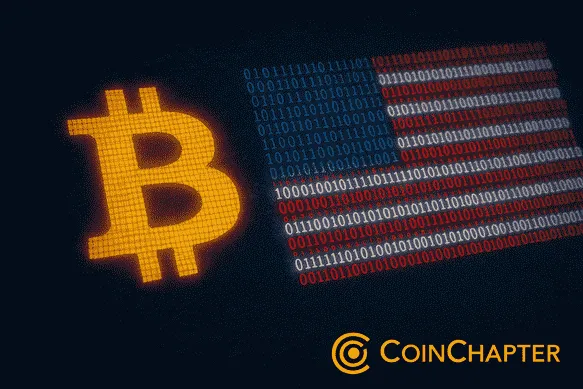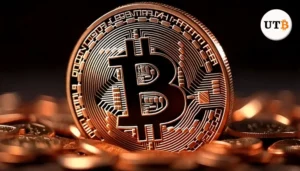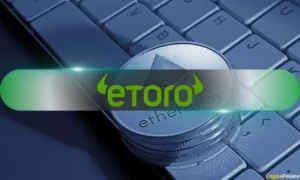
A Strategic Crypto Reserve: Unpacking the Controversy Behind President Trump’s Executive Order
In a shocking move, President Trump has issued an executive order to establish a strategic crypto reserve, sparking controversy and confusion among the crypto community. The announcement has left many wondering what this means for the country’s financial landscape, and we’re here to break it down.
Firstly, let’s tackle the elephant in the room – Bitcoin. Salvador did not trust Bitcoin due to its volatility and limited acceptance by shops and customers. However, the US government is looking to hold onto it as part of their strategic reserve.
The concept of a strategic crypto reserve is simple: the government wants to own and manage digital assets like Bitcoin, Ethereum, XRP, Solana, and Cardano for future use in international trade, emergencies, or other financial crises. In essence, it’s a digital equivalent of gold reserves – a secure store of value that can be used when needed.
However, this move raises more questions than answers. For instance, the executive order does not clarify how much cryptocurrency will be kept, which agency will manage it, how often its value will be checked, or in what situations it can be used or sold. It’s unclear if the government plans to buy more cryptocurrency in the future and requires approval from Congress.
The US government currently holds some digital assets that were seized during criminal and civil cases through court orders. However, this amount is limited and cannot support a large or growing reserve by itself. The crypto market has also been plagued by uncertainty due to the lack of clear information on funding, rules, and management.
The establishment of a strategic crypto reserve comes at a time when China and Russia are forging ahead with their own digital currency initiatives. China’s digital yuan, for instance, is designed to track financial transactions and give the government greater control over its economy. Similarly, Russia has been exploring the use of cryptocurrencies like Tether (USDT), Bitcoin (BTC), and Ethereum (ETH) in international trade deals.
It’s clear that the world is moving towards a more digital future, and it’s essential for governments to have a presence in this space. While there are valid concerns about the risks associated with cryptocurrency investments, having a strategic reserve can also provide stability and security during times of financial uncertainty.
In conclusion, we need clearer information on how this reserve will be managed, funded, and used before we can fully comprehend its implications.
Source: https://coinchapter.com/what-is-a-strategic-crypto-reserve-inside-trumps-order-to-hold-bitcoin-ethereum-xrp-solana-and-cardano/?utm_source=rss&utm_medium=rss&utm_campaign=what-is-a-strategic-crypto-reserve-inside-trumps-order-to-hold-bitcoin-ethereum-xrp-solana-and-cardano


